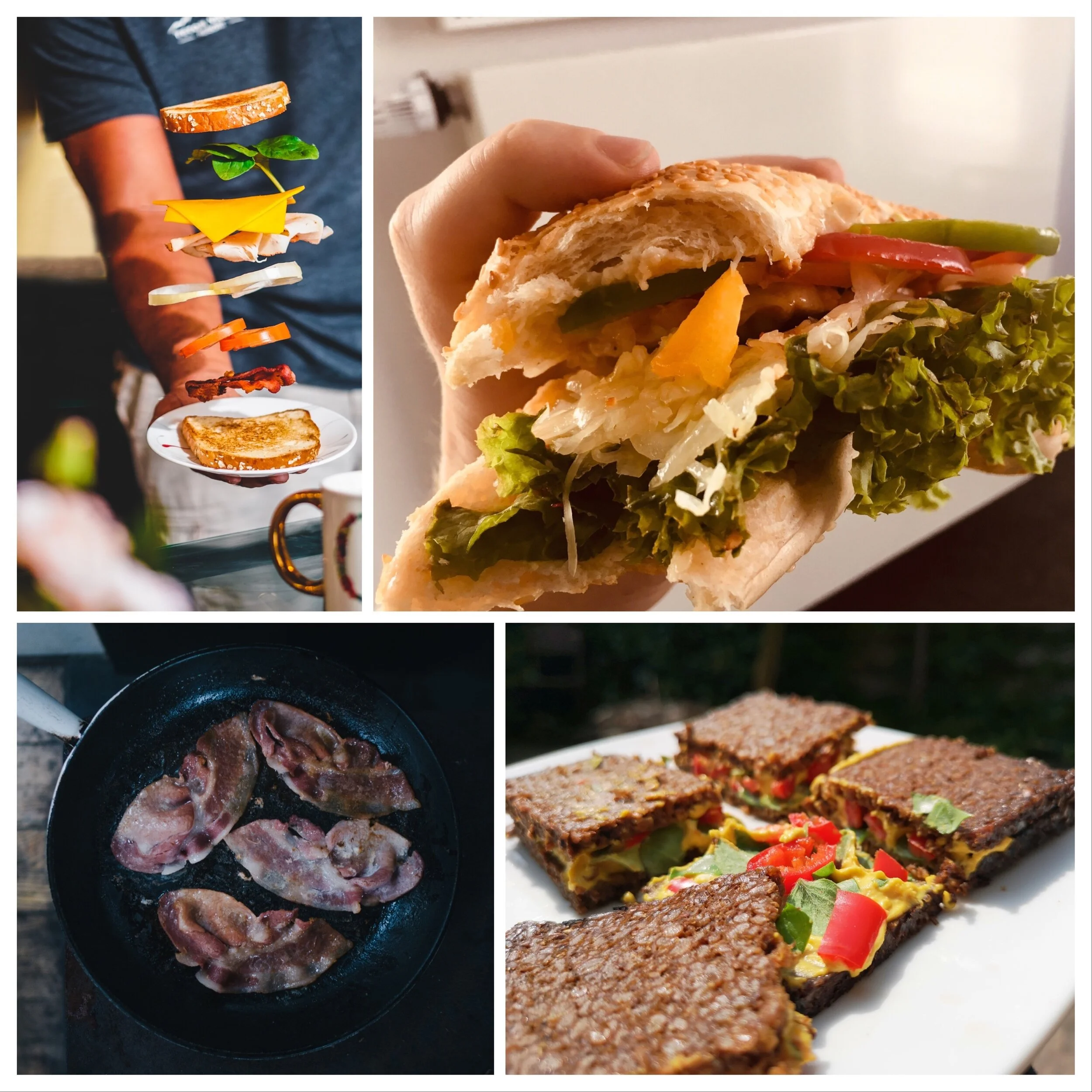The Coffee Conundrum
There are few more symbolic images of Germany than a freshly poured beer. Whether it’s a tall glass of Weizen or a frothy Helles, beer is the beverage most people consider the official drink of the Germans. It’s hard to deny. In many ways it feels like the entire culture is shaped by brewing, selling, and eventually, consuming beer. We have entire festivals dedicated to it, and even when it’s not the main focus, it manages to find a way to become a central feature. Take Father’s Day in Germany; an insipid affair in most countries, Germans long ago decided to simply allow fathers, current or future, to wander the streets, pulling carts full of beer until a point where either aching limbs or beer consumption bring proceedings to a close. Clearly then, beer is THE drink of the Germans, or is it?
In reality, beer consumption has been falling across Germany since the 1980s, which is bad news for beer producers, but possibly good news for the country's second national beverage, coffee, which remains a reliable and steady cultural norm. Coming as I do from a nation that built the British Empire and a significant part of its culture on a single hot beverage, I understand the German love of coffee. However, coffee holds a slightly different place in the minds of Germans than tea does in Britain. While some Germans may still believe the British stop everything to observe a highly ritualised “tea time” in the middle of the day, in reality, tea performs a more stabilising function. Through good times or bad, tea is the accompaniment to all situations. Few if any moments in a British person’s life will be so harrowing that they will refuse a cup of tea to steady the nerves.
As well as being a friendly accompaniment to the pain of human existence, tea-making in Britain is also a way of gauging the quality of a person. Discovering you make “shit tea” can be a black mark on your record that’s almost impossible to erase. Having once made my brother a bad cup of tea in 2009, he still feels the need to stand over me and observe my tea-making to this day. In Germany, coffee is functional; it's the fuel of the majority of the population, but it’s also one of the central pillars of German culture. I can't imagine life without ‘Kaffee und Kuchen’, I don't even want to consider it. To not have it would make Germany a poorer place, but despite coffee’s importance, no one is stigmatised for their lack of coffee-making prowess. It might be too strong, too weak, or too milky, but no one ever seems to complain that much about how people make it. That’s possibly why Germany is so passively accepting of awful coffee.
Given that coffee has such status to Germans, I do wonder why it’s frequently so bad. Don’t get me wrong, Germany has good coffee, it’s simply that you’re just as likely to get an awful cup, as you are to enjoy a finely brewed mug of the black stuff. There are many reasons why this might be the case. One might be the people making it. I regularly use a local chain of bakeries here in Augsburg. Each establishment is equipped with the same machines, the same beans, and I assume the same water. However, there are some that produce a lovely cup of coffee and some that sell a cup of dark water, topped with a lacklustre crown of foam. After a number of disappointing experiences, I’ve come to appreciate that the title of 'Barista' isn’t simply a synonym for disinterested student.
Another issue I’ve noticed is the amount of places that sell coffee using an Automat that dispenses coffee in finely measured portions. These aren’t shiny metal espresso machines, with bewildering arrays of dials and pipes, they’re fully digital, and operated with a single press of a button. Topped by a transparent hopper of coffee beans, these automatic bean to cup devices mechanically grind and brew the coffee, which is obviously very efficient for employees, but soul destroying for customers. Clearly, many bakeries have realised how dispiriting these devices are, as I’ve recently seen establishments switch out their ugly black machines for ones that look like something you’d find in an Italian cafe. Despite their lovely chrome exteriors, they still produce the same black durge. No matter how you dress it up, automated coffee machines are a factor in the subpar nature of many a German cup of coffee.
Even though the rise of efficient time saving coffee devices has been a scourge to those of us who enjoy a decent cup of Joe, they do tend to keep the price of a cup of coffee at a reasonable level. Few in Germany would be happy to pay the astronomical prices that some international coffee chains charge. The prevalence of bakeries and reasonably priced coffee means that companies such as Starbucks have found it practically impossible to conquer the market in the way they have in Britain. Currently Starbucks has around 161 outlets catering to 85 million Germans. Contrast that with the 748 Starbucks coffee shops operating in Britain, serving their “Italian style” coffee to 67 million Britons. The fact that German coffee can be so frequently poor, and yet still prevent the hulking behemoth of Starbucks from taking over every street in the country, tells you everything you need to know. Perhaps Germans are just really loyal to their hit and miss bakery coffee, or Germans aren’t as easily impressed as the British with 20kg of sugar per cup of lukewarm milk.
Then again, perhaps the coffee isn’t even that important. Sure it fuels the nation, but when you think about what bakeries over here in Germany offer, coffee is clearly the Robin to a gloriously cakey Batman. Kuchen, Nussschnecken, Torte, or whatever other sweet treat is your poison, these are the stars of the show. Here again we might see why companies such as Starbucks have such trouble breaking the German market. Sure New York Cheesecake sounds novel at first, but in a country where there are multiple types of cheesecake, all of which will be made to a significantly higher standard by Omas across the land, you realise international coffee chains never really stood a chance. Sure Oma’s coffee game is awful, but when the Käsekuchen is this good, who cares?
Kaffee und Kuchen may not have the same ritual as Afternoon Tea, nor does it serve as support for the travails of everyday life like a British cuppa, but it does tell us something about Germans: they know when to stop and take a break. It’s hard not to, when you’re sat across from a hunk of cake and freshly brewed pot - instinct just kicks in. Seeing groups of Germans, sitting together, enjoying the company of friends & family, a finely constructed slice of Donauwellen and a latte in front of them, this is a real symbol of Germany, and long may it continue.
Proofreader: @ScandiTina
Image Credit
Photo by Hans Ripa on Unsplash
Photo by Frank Leuderalbert on Unsplash
Photo by Alexas_Fotos on Unsplash
Photo by Jürgen Scheeff on Unsplash
Photo by Yves Cedric Schulze on Unsplash
Photo by Jürgen Scheeff on Unsplash










